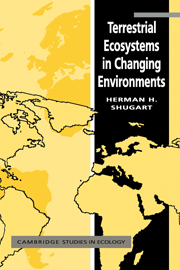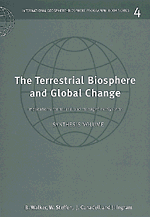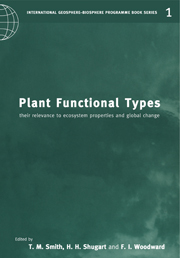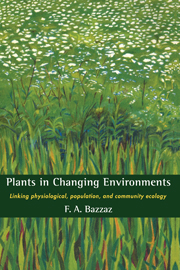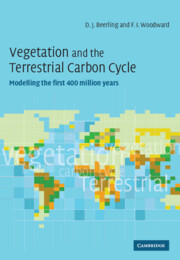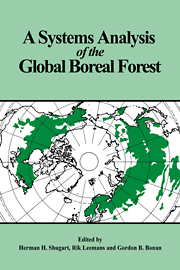Terrestrial Ecosystems in Changing Environments
Predicting how terrestrial ecosystems might respond in the future to large-scale human-generated changes is a major challenge for ecologists. In Terrestrial Ecosystems in Changing Environments, Herman H. Shugart describes the fundamental ecological concepts, theoretical developments, and quantitative analyses involved in understanding the responses of natural systems to change. The key ecological concepts described include the ecosystem paradigm, niche theory, vegetation/climate relationships, landscape ecology and ecological modelling. A variety of ecological models are presented, and their applications in predicting responses to change are considered. The challenge of producing ecological models capable of predicting long-term and large-area ecosystem dynamics is reviewed and several examples are provided. Finally, some of the exciting findings regarding terrestrial landscapes and their feedback with their climatic setting are discussed in the context of human land-use and global change.
- Author is a leading light in the field of ecological models
- Describes the problems of predicting the response of ecosystems to changed conditions
- A wide-ranging review of the ecological models used in predicting responses to change
Reviews & endorsements
'In his book, Shugart provides both an excellent and a readable background to the development of the new ecology of environmental change, as well as clear descriptions of the range of models applied by ecologists. In short, this book is a stimulating read that many ecologists will find valuable and also will want to recommend their students … this is also a book that I should want to recommend to students reading courses on conservation, as well as many practising conservationists.' Brian Huntley, Trends in Ecology and Evolution
'It is written by a skilled communicator … The result is a valuable primer for lecturers who are developing courses in this field.' Melvin Cannel, Commonwealth Forestry Review
' … this book is a useful introductory text for undergraduates and an excellent pointer to the literature for interested researchers.' Timothy M. Lenton, The Times Higher Education Supplement
' … concepts are presented in a logical sequence and follow a structured argument. Added to this, the literary style Herman Shugart employs makes reading a pleasure.' Peter D. Moore, Biologist
' … an ideal introduction to this topic for postgraduate students while there is also much to interest all environmental scientists.' A. H. Kirkpatrick, Progress in Environmental Sciences
Product details
May 1998Paperback
9780521565233
552 pages
229 × 153 × 35 mm
0.89kg
161 b/w illus. 6 colour illus. 38 tables
Available
Table of Contents
- Preface
- 1. The importance of understanding ecosystem change
- 2. The omnipresence of change
- 3. Temporal scale, spatial scale and the ecosystem
- 4. An introduction to ecological modelling
- 5. Niche theory
- 6. Vegetation and environment relations
- 7. The mosaic theory of natural landscapes
- 8. Individual-based models
- 9. Consequences of gap models
- 10. Landscape models
- 11. Mosaic landscape models
- 12. Spatially interactive landscapes
- 13. Homogeneous landscape models
- 14. Global change
- References
- Index.

